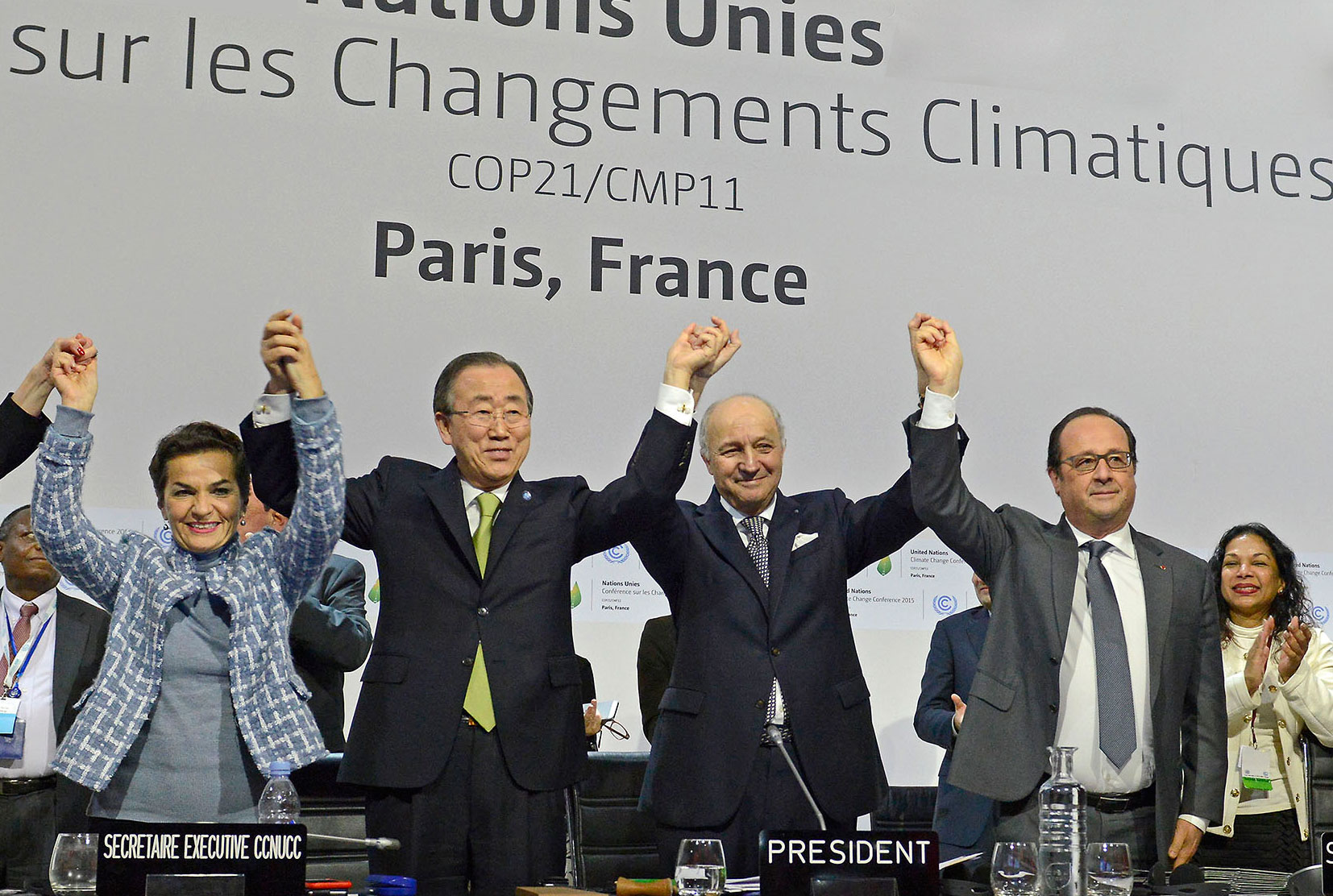

Climate actions are strategies and measures designed to mitigate and adapt to the impacts of climate change. These actions aim to reduce greenhouse gas emissions, enhance resilience to climate impacts, and support sustainable development. Effective climate actions are essential for achieving global climate goals and ensuring a stable and healthy environment for future generations.
Transitioning to renewable energy sources, such as solar, wind, and hydropower, is a crucial mitigation strategy. Reducing reliance on fossil fuels helps decrease greenhouse gas emissions and supports cleaner, more sustainable energy systems.
Improving energy efficiency in buildings, transportation, and industry reduces energy consumption and emissions. Implementing energy-efficient technologies and practices can significantly lower carbon footprints.
Developing climate-resilient infrastructure, such as flood defenses and drought-resistant systems, helps communities adapt to the changing climate. These adaptations reduce vulnerability to climate impacts and enhance resilience.
Engaging communities in adaptation planning and decision-making ensures that local needs and knowledge are incorporated. Community-based adaptation efforts can improve local resilience and address specific climate challenges.
The Paris Agreement is a landmark global accord aimed at limiting global warming to well below 2°C above pre-industrial levels. It emphasizes the importance of international cooperation in reducing emissions and adapting to climate change.

The United Nations Framework Convention on Climate Change (UNFCCC) provides a framework for global climate action. It facilitates negotiations and agreements among countries to address climate change challenges and promote sustainable development.